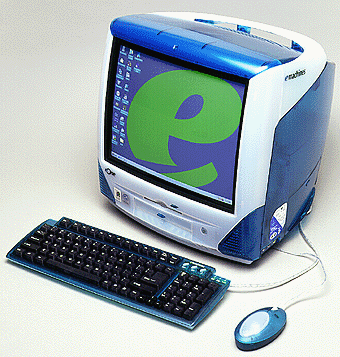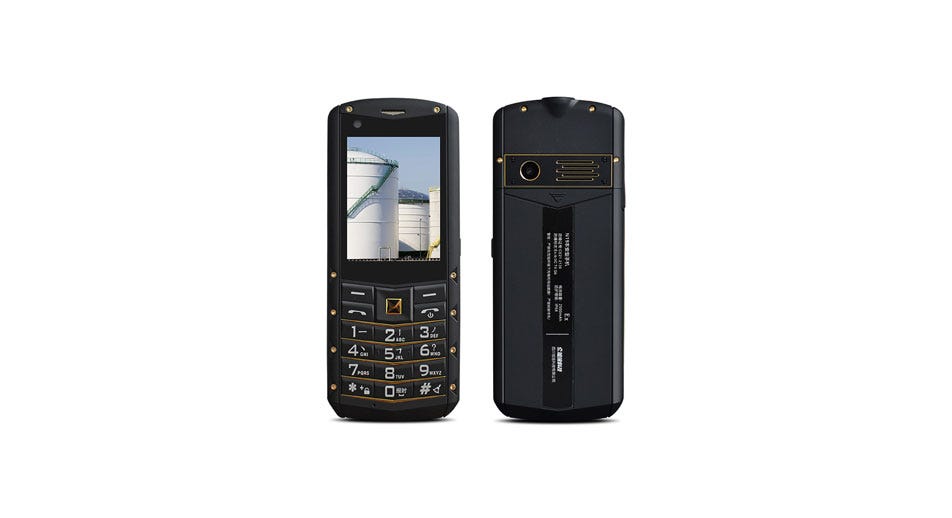
Picture: Unitas Photography – inventory.adobe.com
As far more staff do the job from residence due to the COVID-19 pandemic — many for the first time at any time — it has become obvious that info security safety measures are slipping by the wayside. The new environment, plan freedoms and interruptions are producing many to slip up and place delicate organization info at chance. Let us glance at some of these frequent security mistakes and how IT security groups can ideal handle this obstacle head-on.
Use of insecure networks
Except staff are relatively tech savvy, they may possibly be wholly unaware that their residence networks are vastly considerably less safe in contrast to what they’re made use of to in the corporate office environment. WiFi is the biggest offender in these situations. That reported, all staff should have extensive been properly trained on the dangers of public/open up WiFi connections. It should also have been taught that the similar dangers located in public WiFi also typically exist at residence. Which is why the use of a VPN or other safe communications tunnel is expected when doing work in excess of the web. That reported, many staff have clearly neglected this information and are doing work with delicate info and apps on insecure networks.
Moving info/documents to non-corporate equipment
Never just suppose that your staff are employing their office environment laptop as their sole do the job system. In reality, many staff are relocating documents from their do the job computer system to the residence computer system or good equipment for a assortment of motives. Despite the fact that these personalized equipment may possibly have some variety of anti-virus software program set up, the security instruments and mechanisms place in place are undoubtedly much considerably less safe than what you’d uncover on a business enterprise Laptop. Following all, security is the principal cause staff are permitted to convey their do the job laptops residence in the first place. If that’s not staying applied throughout personalized laptops and equipment, it’s unquestionably a induce for problem.
Sharing of obtain qualifications in excess of non-safe instruments
Mainly because business enterprise groups have become bodily dispersed far more than at any time before, the separation of system/technique obligations begins to rear its ugly head. Often, you have one worker that must hold out on an additional to get obtain to facts or documents. As a result, it’s getting to be commonplace to have one worker share obtain qualifications with teammates to lower these kinds of system bottlenecks. While this is an concern, the far more relating to aspect is the reality they staff are sharing those people qualifications in excess of insecure and frequently unapproved collaboration instruments. Shadow IT is getting to be rampant as staff are bypassing the IT section to uncover the collaboration instruments that do the job ideal for their departments and groups now that they’re in a WFH situation. As a result, qualifications are staying shared — and potentially stolen — throughout an untold number of web-based collaboration apps and companies.
Sharing as well significantly on social media
A person of the far more troubling security features of this new WFH life style we all now uncover ourselves in is the reality that personalized social media use is staying intertwined into the place of work like by no means before. What many IT security industry experts are discovering is that staff are knowingly or unknowingly leaking delicate business enterprise facts onto social media by posts about doing work although stay-at-residence restrictions are in place. These social media leaks could be located in feedback about what the worker/business enterprise is doing work on, shots of workspaces accidently displaying delicate facts shown on computer system monitors or other very similar scenarios where the “human factor” is producing info leaks.
Two principal ways to prevent info loss in WFH environments
There are two various strategies IT security groups can acquire when it arrives to extinguishing info leaks due to new do the job from residence life. The first solution is to implement edge security instruments that stretch all the way out to the distant consumer to provided included security handle and visibility. These technologies consist of the deployment of safe teleworker gateways, virtual desktop infrastructure (VDI) and state-of-the-art info loss prevention (DLP) instruments procedures.
While engineering can unquestionably assist with info loss in distant workforce environments, a more affordable and far more charge-productive technique might simply be to coach or re-coach staff members on the proper ways to manage delicate business enterprise facts. This teaching could be tailor-made precisely for do the job from residence situations that the distant worker is most likely to experience as they hold out to return to the office environment. Following all, in most cases, staff are producing security breaches without having even knowing it. As a result, a minimal teaching can go a extensive way in stopping this form of delicate info and intellectual house loss.
Andrew has very well in excess of a 10 years of business networking below his belt by his consulting exercise, which specializes in business community architectures and datacenter establish-outs and prior encounter at businesses these kinds of as State Farm Coverage, United Airways and the … View Comprehensive Bio
Far more Insights






